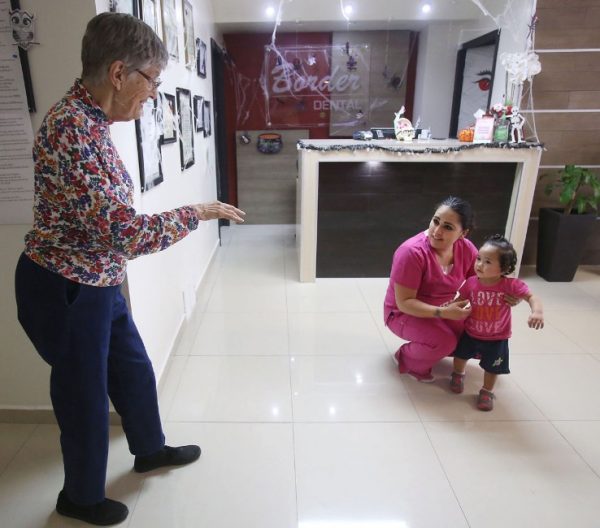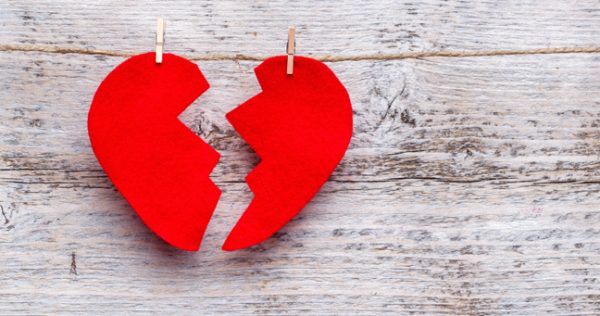
By Chuck Josephson
Our son, Ken, at the age of 46 was killed in an accident three years ago. He lived nearby and often had dinner with us.
That loss hit me hard and still does. My wife, Joan, didn’t show much outward expression, but she seemed to realize something very significant had disappeared from our lives.
Now it’s clear that she has not forgotten Ken. Sometimes she believes he is still alive. Once, we were in an emergency room when she needed tests. People came and went as she was confined to bed, waiting for the next checkup.
This went on until late evening. For hours Joan had said she wanted to go home. She would turn to me and say, “Can you check to see if dad will pick us up?” She thought I was Ken.
That has happened several times. One day we did a load of laundry. Joan usually folds and sorts the dried clothes. Finished with my pile, she said, “There’s his stuff for when he can come to get it.” She was recalling doing that chore for Ken!
Recently we were driving across a midwestern state. Joan got restless and wanted to get home. Then she asked, “Can we stop here and call home to get dad to come for us?” I realized what was going on in her mind. When Ken was alive and we went somewhere together Ken, not me, would be the driver. It was a special kind of grief when she recalled how things used to be.
I believe Joan is grieving for Ken when she feels he is still close by and names him. What is my response? I don’t correct her, I don’t comment. In fact I rather like it. Her way of remembering Ken is unusual, but it serves.
Complete Article HERE!


